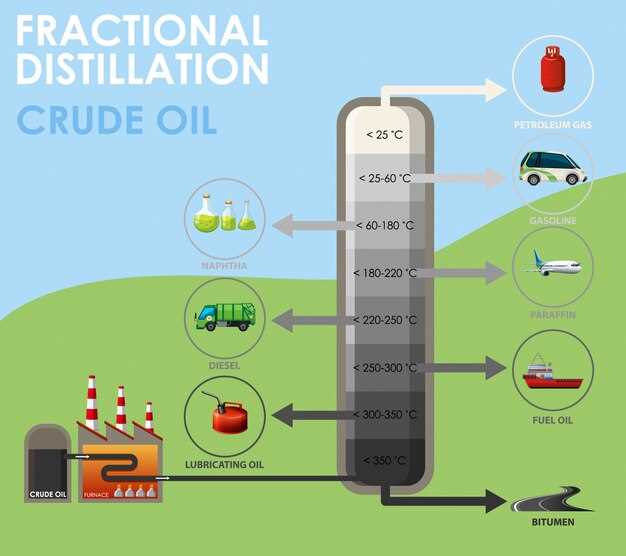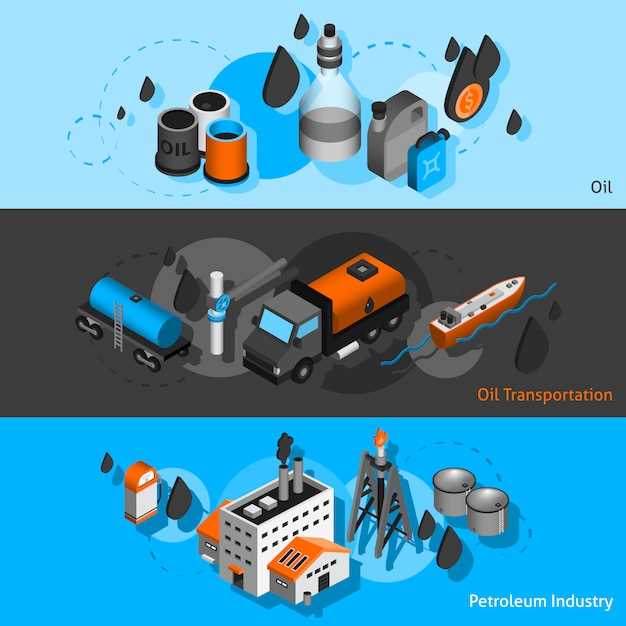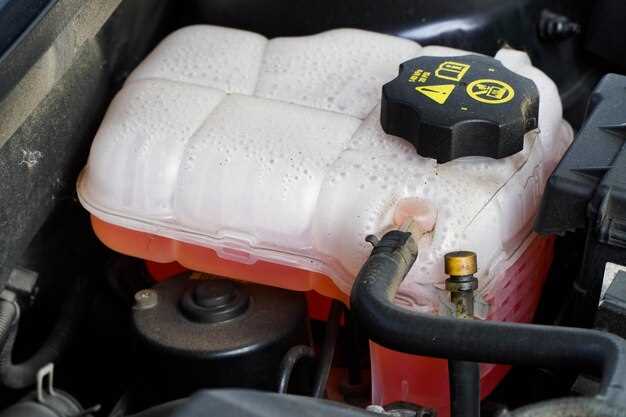

The management of emissions from diesel engines has become increasingly important, particularly with growing environmental regulations. A key component in reducing harmful emissions is the use of Diesel Exhaust Fluid (DEF), a urea-based solution that aids in treating exhaust gases. Proper fluid maintenance is essential not only for compliance with emission standards but also for ensuring optimal engine performance.
To effectively manage your DEF system, it is crucial to understand its components and their roles in the emission control process. The DEF must be stored correctly and its quality monitored regularly to avoid issues that can lead to engine damage or increased emissions. Ensuring that the DEF remains uncontaminated and at the appropriate concentration is vital for the system’s effectiveness in breaking down harmful nitrogen oxides into harmless nitrogen and water.
In the following sections, we will delve into best practices for maintaining your DEF system, highlight common pitfalls to avoid, and discuss how regular maintenance can help in achieving your emissions goals while maximizing the lifespan of your diesel engine. By staying informed and proactive, you can help protect the environment while also ensuring your vehicle operates efficiently.
Maintaining Your Diesel Exhaust Fluid (DEF) System

Proper maintenance of your Diesel Exhaust Fluid (DEF) system is essential for optimal performance and longevity of your diesel engine. Regular attention to the DEF system ensures reduced emissions and compliance with environmental standards.
Here are key steps to maintain your DEF system:
- Regular Inspection:
- Check the DEF tank level frequently to ensure adequate fluid is available.
- Inspect for leaks in the DEF lines and tank.
- Examine the DEF quality using a refractometer to ensure it meets specifications.
- Fluid Quality Management:
- Always use high-quality, ISO 22241-compliant DEF from reputable suppliers.
- Avoid mixing different brands of DEF, as this may compromise fluid integrity.
- Store DEF in a cool, dark place to prevent degradation due to heat and light exposure.
- System Flush:
- Flush the DEF system periodically as per manufacturer recommendations.
- Use appropriate cleaning solutions if blockages or buildup are detected.
- Sensor and Component Maintenance:
- Ensure the DEF injector and sensor are functioning correctly.
- Replace faulty sensors promptly to prevent performance issues.
- Fluid Replacement:
- Change DEF every six to twelve months, depending on usage and storage conditions.
- Follow the vehicle manufacturer’s guidelines for DEF replacement schedules.
By adhering to these maintenance practices, you can ensure the efficiency of your DEF system, reduce potential issues, and enhance the overall performance of your diesel engine.
Checking and Replacing DEF Fluid: Best Practices
Regular maintenance of your Diesel Exhaust Fluid (DEF) system is essential for optimal vehicle performance and compliance with emissions standards. Checking and replacing DEF fluid involves a few key practices to ensure your system runs efficiently.
1. Regular Checks: It is vital to regularly inspect the DEF fluid level in the reservoir. Typically, it should be checked during routine vehicle maintenance or every few thousand miles, depending on usage. Low DEF levels can lead to reduced engine performance and emissions violations.
2. Use Quality DEF: Always use high-quality DEF that meets the ISO 22241 standard. Poor-quality fluid can cause damage to the exhaust system and lead to increased emissions. Ensure that the DEF you purchase is from a reputable supplier.
3. Monitor the Shelf Life: DEF has a finite shelf life, typically around 12 months from the date of manufacture if stored properly. If DEF fluid is past its expiration date, it should be replaced to avoid potential damage and ensure effective emissions control.
4. Proper Handling: When adding or replacing DEF, use clean equipment to prevent contamination. Contaminants can hinder the performance of the DEF system, leading to increased emissions and potential repairs.
5. Follow Manufacturer Guidelines: Refer to the vehicle’s owner manual for specific recommendations on DEF replacement intervals and refill procedures. Adhering to these guidelines ensures optimal performance and compliance with emissions regulations.
Implementing these best practices for checking and replacing DEF fluid will not only maintain the performance of your diesel vehicle but also contribute to reducing emissions, keeping your vehicle compliant with environmental standards.
Identifying and Resolving Common DEF System Issues

The Diesel Exhaust Fluid (DEF) system plays a crucial role in reducing emissions produced by diesel engines. However, like any mechanical system, it can experience issues that may affect its performance. Identifying and resolving these problems promptly is essential to maintain optimal fluid usage and engine efficiency.
One common issue is the presence of DEF contamination. If the fluid becomes contaminated with substances such as water or other chemicals, it can lead to improper engine operation and increased emissions. Regularly check the quality of the fluid and ensure it meets the required specifications. If contamination is detected, the fluid should be replaced immediately to prevent damage to the system.
An additional problem is the potential for crystallization of DEF, which typically occurs when the fluid is exposed to air or high temperatures. Crystals can block filters and inhibit the flow of fluid necessary for proper scrubbing of emissions. To resolve crystallization, inspect the system for blockages and clean or replace any affected components. Always store DEF in a cool, sealed environment to minimize this risk.
Another issue may arise from malfunctioning sensors within the DEF system. These sensors monitor fluid levels and quality, and if they fail, they can trigger warning lights on the dashboard and lead to restricted engine power. Troubleshooting involves checking for error codes, examining wiring connections, and replacing faulty sensors as needed to restore functionality.
Low fluid levels can also cause problems in the DEF system, resulting in engine derating and increased emissions. Regularly check the fluid level in the DEF tank and refill it according to the manufacturer’s recommendations. Keeping a close eye on fluid levels can prevent unexpected interruptions in engine performance.
Lastly, improper storage and handling of DEF can lead to degradation of the fluid, ultimately affecting its efficacy. Always store DEF in appropriate containers and avoid exposure to extreme temperatures. Ensure that any equipment used to transfer the fluid maintains the integrity of DEF to prevent any adverse effects on the system.
Understanding the Impact of DEF on Emissions Control
Diesel Exhaust Fluid (DEF) is a crucial component in modern diesel engines aimed at reducing harmful emissions. DEF is a non-toxic solution composed of 32.5% urea and 67.5% deionized water, which undergoes a process known as Selective Catalytic Reduction (SCR) to effectively lower nitrogen oxide (NOx) emissions. When injected into the engine’s exhaust stream, DEF reacts with NOx gases to convert them into harmless nitrogen and water vapor. This reaction is essential for compliance with stringent emissions regulations.
The use of DEF not only minimizes environmental impact but also enhances fuel efficiency. By treating and converting harmful emissions, vehicles integrated with SCR systems achieve better combustion processes, leading to improved performance and lower operating costs. Proper maintenance of the DEF system ensures that it functions optimally, which is vital for sustaining emissions control mechanisms.
Regular checks on the DEF quality and level are necessary, as contaminated or low-quality fluid can negatively affect the SCR system’s efficiency. Additionally, using the correct grade of DEF is essential to prevent damage to the engine’s components. Understanding the significant role of DEF in emissions control enables operators to take proactive measures, ensuring both environmental compliance and engine longevity.






